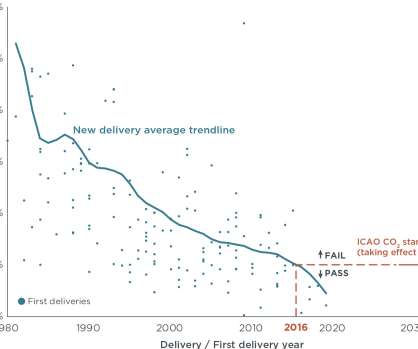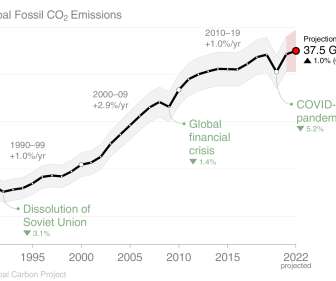New phase of globalization could undermine efforts to reduce CO2 emissions
Green Car Congress
MAY 14, 2018
—Dabo Guan, professor in climate change economics at UEA’s School of International Development and co-author on both studies. Relatively little attention has been paid to the rapid rise of South-South trade since the 2008-2009 global financial crisis. Coffman, D.’. M., & Guan, D.








































Let's personalize your content